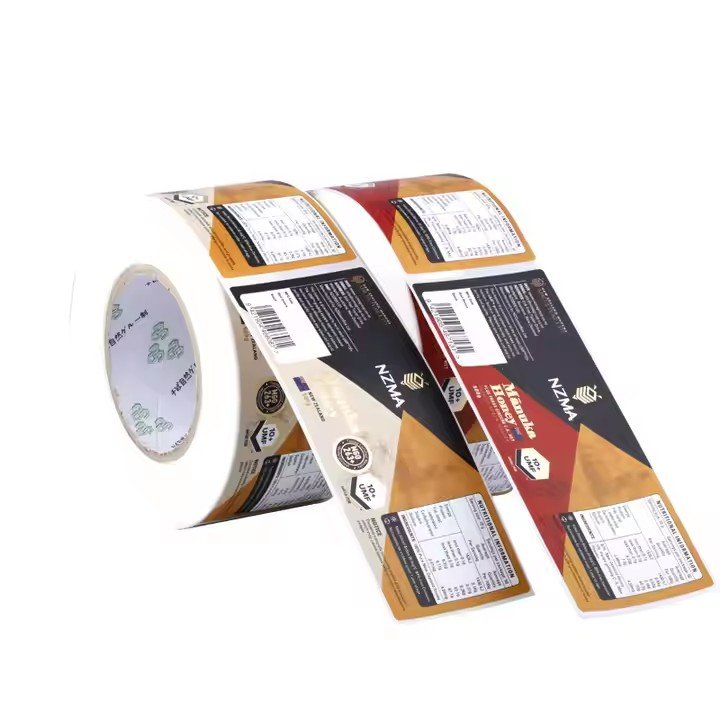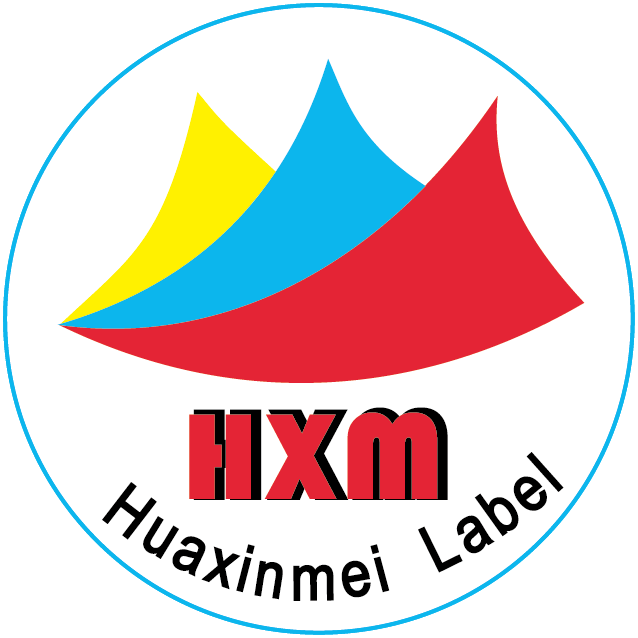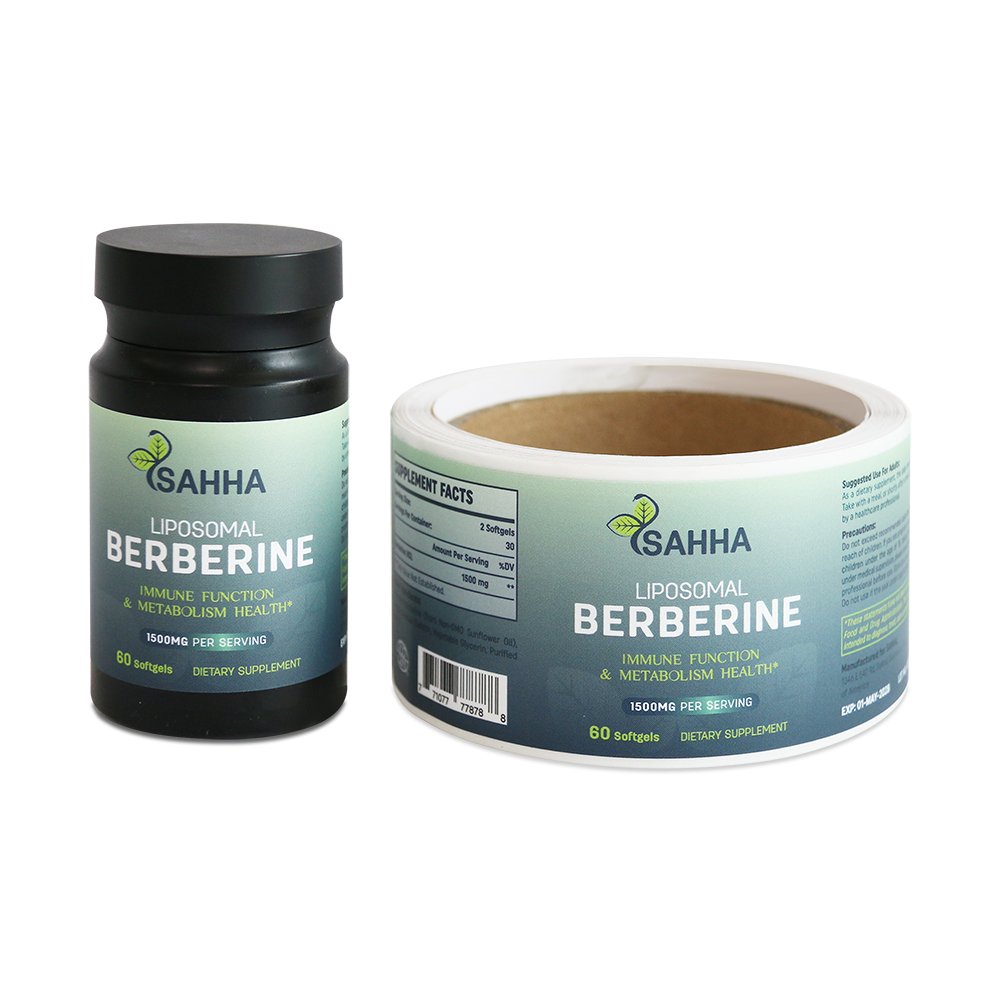Electronics and Electrical Industry
- PCB Manufacturing:
FR4 epoxy boards are a primary material for printed circuit boards (PCBs), and epoxy stickers are often used on PCB surfaces for labeling and insulation. In devices such as smartphones and computers, these stickers can indicate the positions and polarities of electronic components, aiding both assembly and future maintenance. Additionally, they provide insulation to help prevent short circuits. - Electronic Component Encapsulation:
Epoxy resin has excellent electrical insulation and sealing properties. Epoxy stickers are used in component encapsulation—for example, sealing LED strips—to protect internal chips from moisture and dust, thus extending component lifespan. Printed in different colors or patterns, they can also serve as product identification labels for various specifications. - Electrical Equipment Insulation:
In transformers, motors, and other electrical equipment, epoxy stickers can be used as identification labels or auxiliary insulating parts. For instance, they can be applied to insulation spacers or pads to mark specifications or safety warnings, while also enhancing the device’s overall insulation performance.

Automotive Industry
- Bonding and Sealing of Car Body Components:
Epoxy stickers can be used in the bonding process of certain vehicle body parts. For example, they can mark adhesive areas and indicate process requirements. During windshield installation, epoxy stickers also aid in sealing to ensure a tight fit between the glass and car body, preventing water or dust ingress. - Repair of Auto Parts:
Engine blocks and other components may wear over time. Epoxy adhesives are used for repairs, and epoxy stickers can mark repair areas and indicate process parameters. Their oil and corrosion resistance makes them suitable for the harsh environment of engine compartments. - Automotive Electronics Systems:
In vehicle electronic control systems—such as dashboards or in-car navigation—epoxy stickers help label and protect PCBs and electronic parts. They maintain clarity and durability even under vibration and temperature changes during driving.
Construction Industry
- Floor Coating Markings:
Epoxy resin’s high wear resistance, hardness, and compressive strength make it ideal for floor coatings. Epoxy stickers can mark designated areas such as parking zones, pathways, or hazard zones in garages or workshops. Their chemical and weather resistance makes them suitable for long-term use and cleaning. - Leak Sealing:
In reinforced concrete structures, epoxy resin is often used for sealing leaks. Epoxy stickers can mark sealed areas for easy maintenance and inspection. Their waterproof properties further support the sealing effect. - Anti-Corrosion Coating:
For metal structures and reinforced concrete vulnerable to chemical corrosion, epoxy coatings provide protection. Epoxy stickers can mark coated zones and indicate layer thickness, and they also offer minor corrosion resistance to protect the substrate from chemical damage.
Aerospace Industry
- Structural Bonding:
Epoxy adhesives are used in bonding aircraft wings and fuselage components. Epoxy stickers help mark bonding zones and quality control areas, ensuring connection integrity. Their high strength and weather resistance make them suitable for the high stress and varied climate conditions encountered during flight. - Avionics Installation:
To ensure stability and reliability, epoxy stickers are used to secure and label avionic equipment with model numbers and installation parameters. Their insulating properties also help prevent electromagnetic interference between devices.
Medical Industry
Epoxy stickers are used on medical devices and pharmaceutical packaging. On medical equipment, they can indicate instructions, warnings, and sterilization information. On medicine packaging, epoxy stickers can serve as anti-counterfeit labels—incorporating technologies like NFC—allowing verification via smartphone and providing traceability data such as production date, expiry, and usage instructions.

Other Industries
- Furniture Manufacturing:
In furniture production, epoxy stickers are used to label joints between boards to ensure accurate assembly. They can also be used for attaching decorative panels or moldings. With strong adhesion, they enhance the durability and aesthetics of furniture when printed with various patterns and colors. - Toy Assembly:
During toy production, epoxy adhesives are used to bond certain components. Epoxy stickers can mark glue points and note handling instructions, improving assembly efficiency. Additionally, they must comply with toy safety standards to ensure non-toxicity and child safety.


